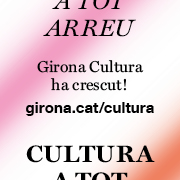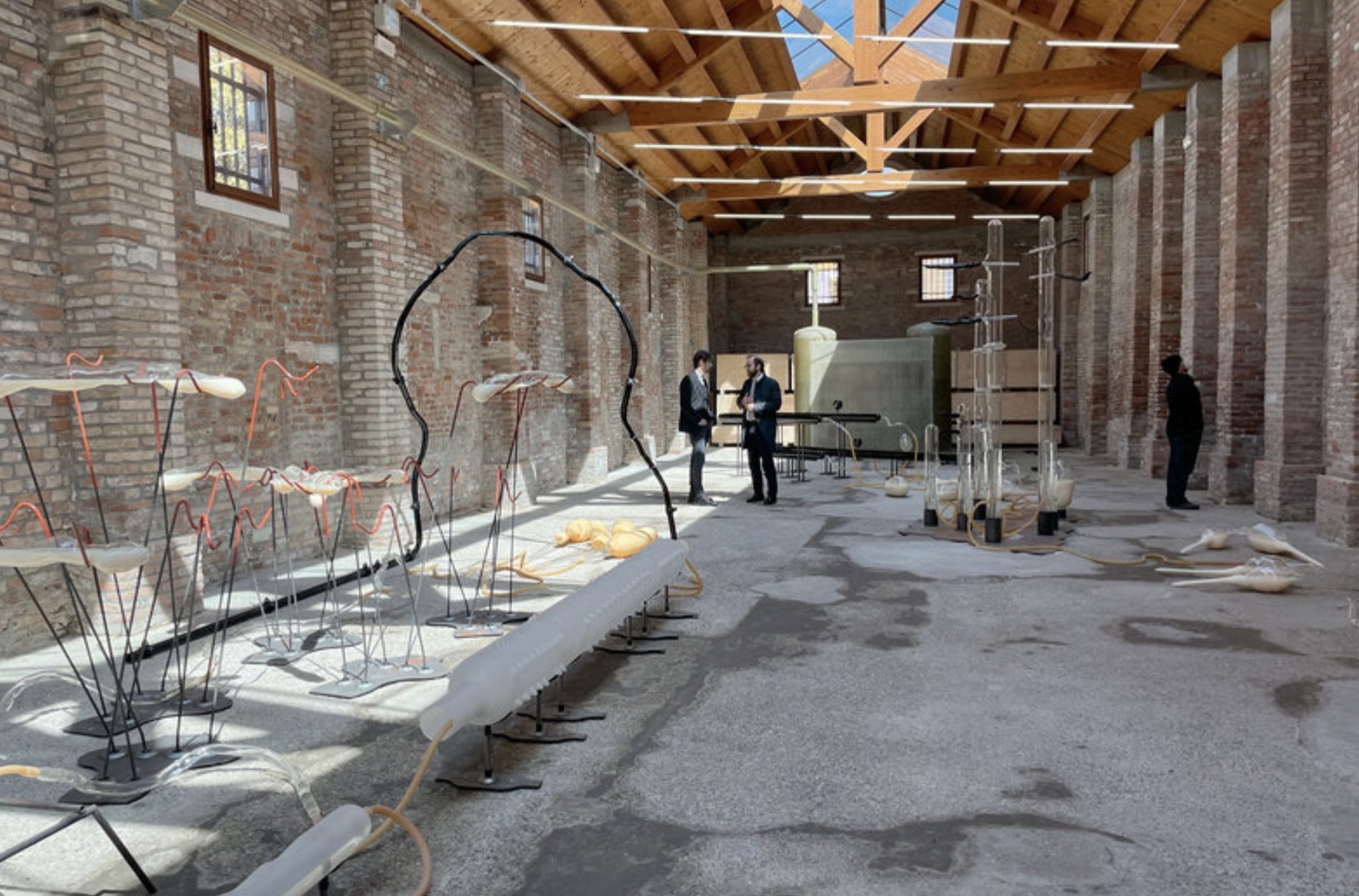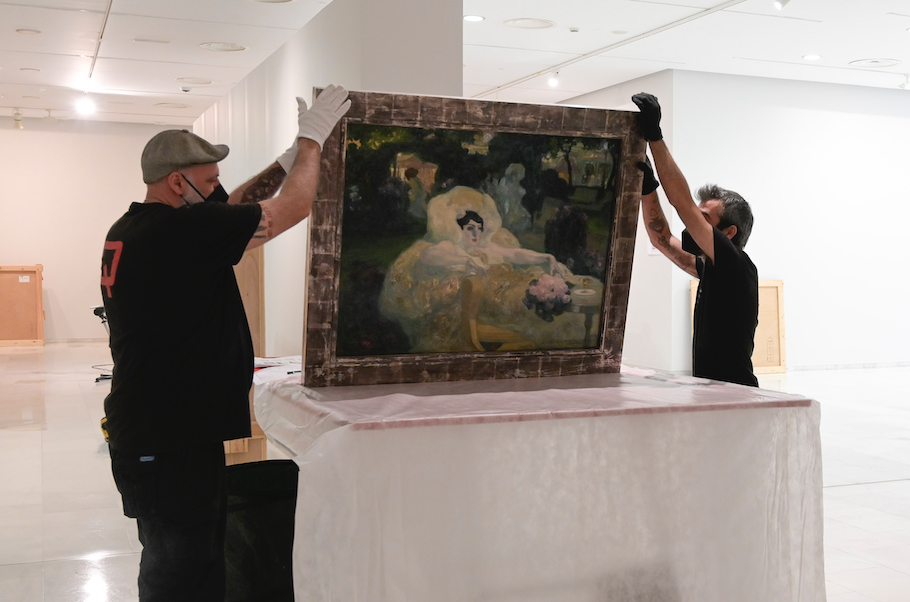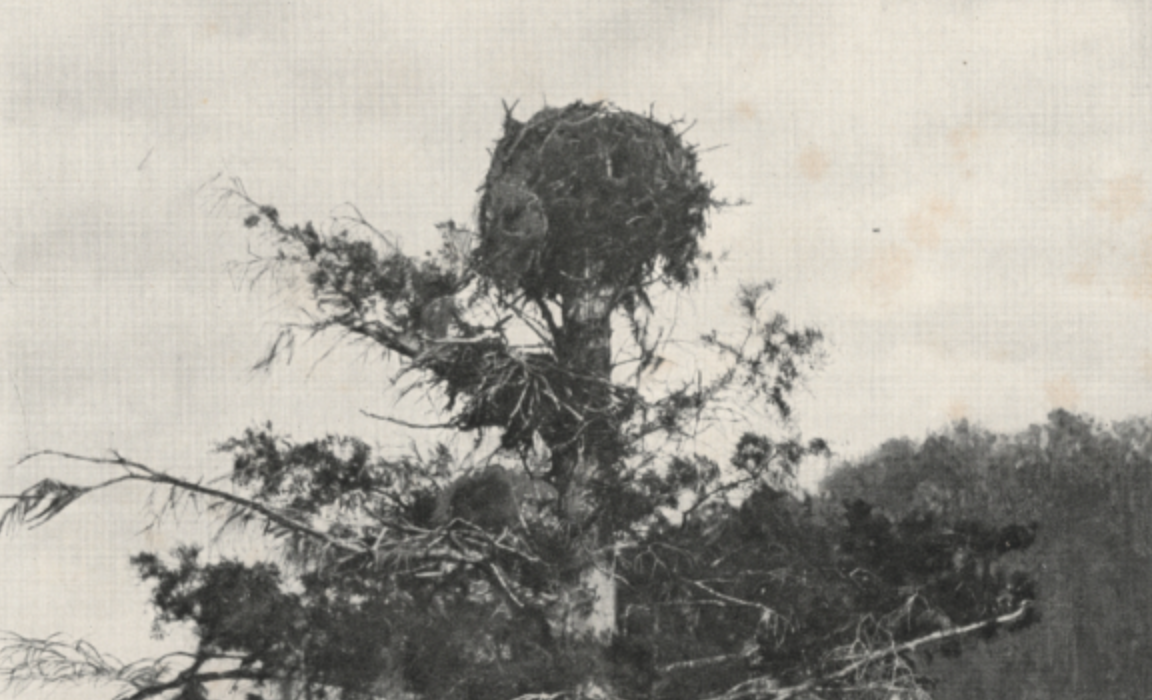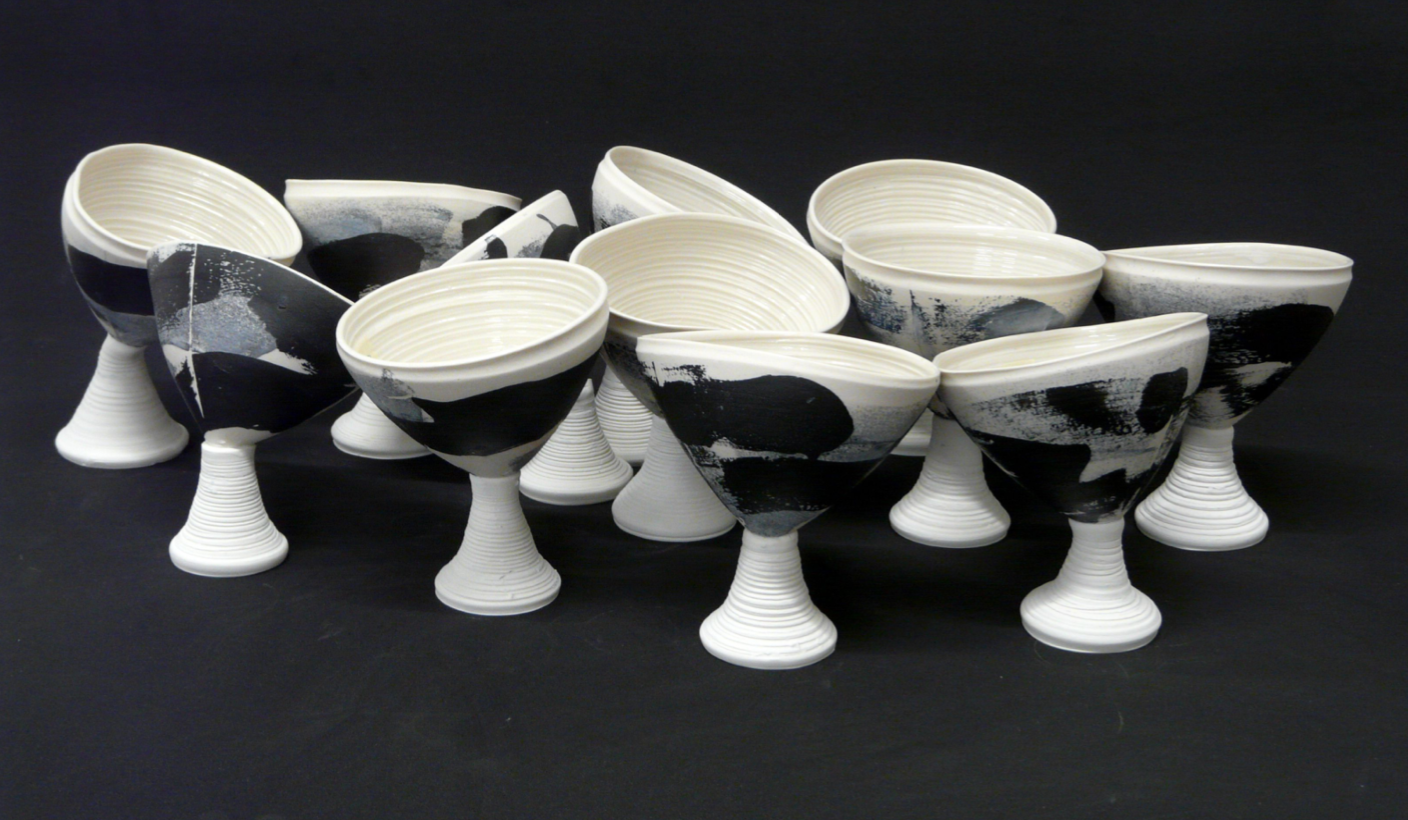
1. f. Ability of a living thing to adapt to a disturbing agent or an adverse state or situation. 2. f. Ability of a material, mechanism or system to regain its initial state when the disturbance to which it had been subjected has ceased.
Put to (re) think or (re) build paths for criticism, we can not fail to take into account the profusion of curatorial statements , presentations, articles in scientific journals, doctoral theses, songs, corporate coaching programs, cosmetic brands or even posts with slogans of pseudo-therapeutic ancestry and beautiful backgrounds that define resilience as an a priori vindictive, admirable attitude, one would say even heroic, in a world full of inequality, competitiveness and dominated by the law of stronger. Of course, the vital capacity to deal with trauma deserves our full consideration, but that should not prevent the inflation of a concept from carrying any suspicion.
To begin with, we might ask who is really in a position to overcome a trauma. Literary critic Daniele Giglioli describes Senza trauma. Scrittura dell'estremo e narrativa del nuovo millennio (Quodlibet, 2012) a society that escapes all apprehension of pain, that accommodates without regard to its comfort zone, which has the privilege of "trauma without trauma", a kind of desire for trauma or imaginary trauma as a factor of identity, of law, of moral superiority. It is worth noting that resilience has, however, been a particularly debated idea in the American context, and in particular in Latin America, where our comrades are exposed to scales of violence and traumatic processes that are difficult to imagine from a comfortable Europe.
But one would even have to wonder if resilience would not, in fact, be participating in the dominant culture - that of do it yourself - as an analgesic or in the form of an ethic of sacrifice. Here the two meanings of the SAR are tremendously revealing: on the one hand, this appeal to "adaptation" and, on the other hand, this ability to "recover an initial state." We would say that such definitions outline the ideal scenario for certain powers to discharge their responsibility in the individuals to whom they subject, while ensuring a certain conservative logic, rather than aspiring to improve, transform or directly overcome this initial state, for example. if unfair and deficient. And despite that, as Daniel Gasol wonderfully develops in his recent Art (in) useful. On how capitalism deactivates culture (Green Ray, 2021), contemporary art often functions as a useful narrative for capitalism, it should be remembered that perhaps this is precisely where all this can also go into crisis: this place where the impossible you can still imagine.




